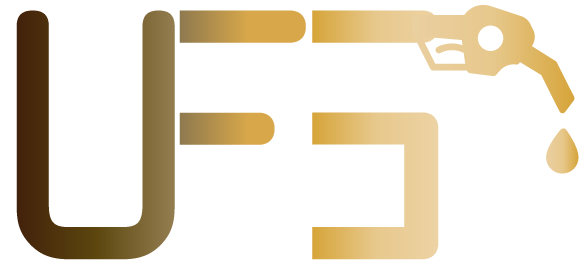THE DISADVANTAGES OF POOR FUEL QUALITY
Dirt and water are the most significant contamination factors found in diesel fuel. In some instances, fuel is replaced with water, kerosene, or other fluids between the refinery and the fuel pump in order to make a larger profit. Most natural contamination (dirt and water) originates from onsite storage tanks, delivery methods to fuel tanks, and fuel tanks themselves.
Injector Life Reduction: Injector life is reduced by about half with water content above acceptable levels. Water content should optimally stay well under 0.05% of volume. When fuel contains water, it will begin to show a haze and become more opaque. Water content above 0 .05% will cause damage to the fuel injection system.
Lubricity Reduction: The lubricating properties of diesel fuel are also affected by moisture displacing the fuel. When water passes through an injector, it immediately vaporizes, turning into steam. This high pressure process can damage the injector tips over time. Water also reduces the combustibility of the fuel being injected.
Bacterial Growth: Water promotes bacterial growth, which results in acidic conditions. These conditions promote corrosion in engine and fuel system components.
Asphaltene Formation: Asphaltenes can plug filters and damage injectors. They can also affect the combustion efficiency of the engine. Improper fuel droplet size due to damaged injectors, combined with asphaltene particulates, require higher temperatures and compression to fully combust.
| Contaminant | Sources | Effects | Solutions |
|---|---|---|---|
| Water | • Sabotage • Condensation • Leaks • Fuel delivery | • Combustion/Injector problems • Corrosion • Saturates filters • Supports microbial growth at bottom of tank | • Fix flawed tanks • Water eliminators • Periodic tank cleaning • Automated conditioning and filtration system • Some additives can deal with small (normal) quantities |
| Microbial Growth | • Arrives through air or water • Requires water to thrive • Feeds on Hydrocarbons | • Multiplies and produces waste matter • Clogs filters • By-product is corrosive | • Biocide – only if highly advanced state • Periodic tank cleaning • Automated conditioning and filtration system |
| Particulate Matter | • Faulty tank breather • Tank corrosion • Fuel delivery • Tank installation | • Abrasive wear and tear | Filtration through: • Periodic tank cleaning • Automated conditioning and filtration system |
| Fuel Breakdown By-Products | • Natural deterioration process of all organic fuels • Accelerated by heat, temp changes, pressure, presence of water | • Incomplete combustion • Carbon deposits on injectors • Poor fuel economy • High emission levels (often visible smoke and soot) • Filter clogging • Injector wear | Process reversal through restorative conditioning in some: • Tank cleaning systems • Automated conditioning and filtration system • Particulate breakdown with better additives |
